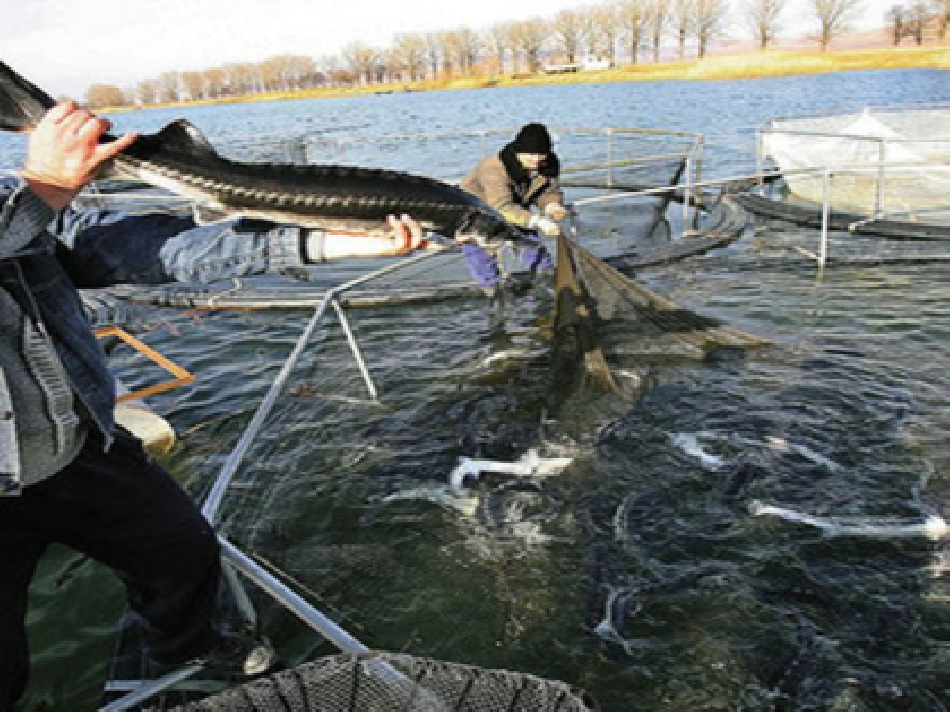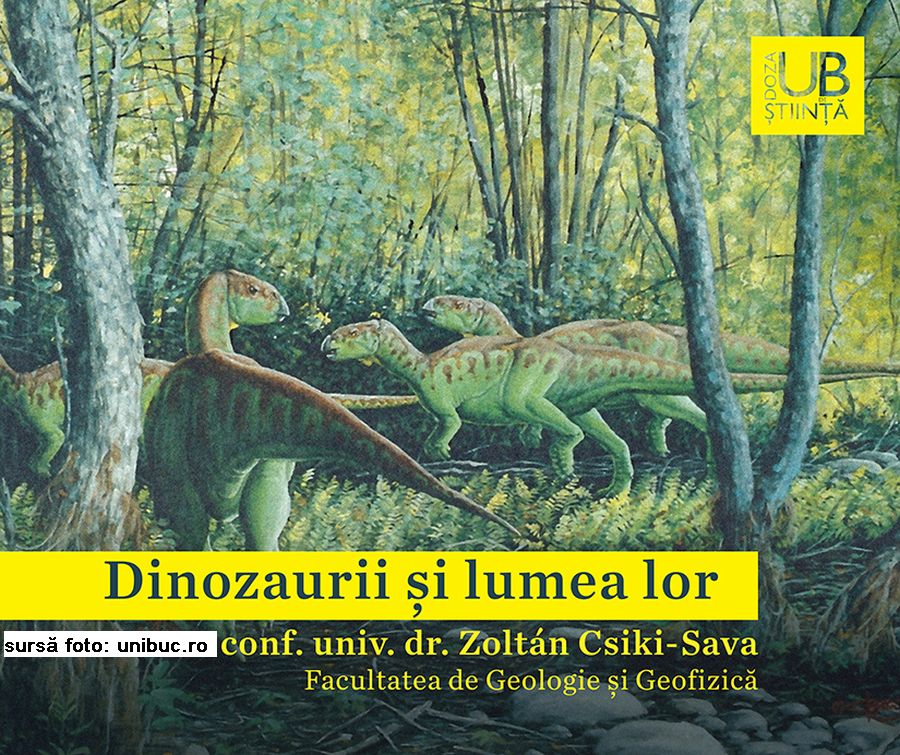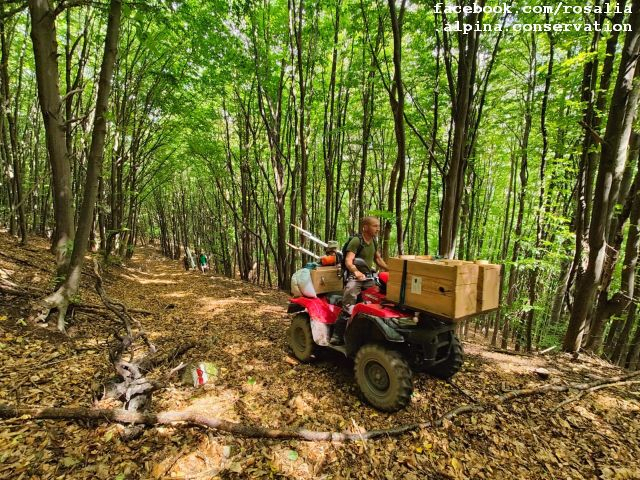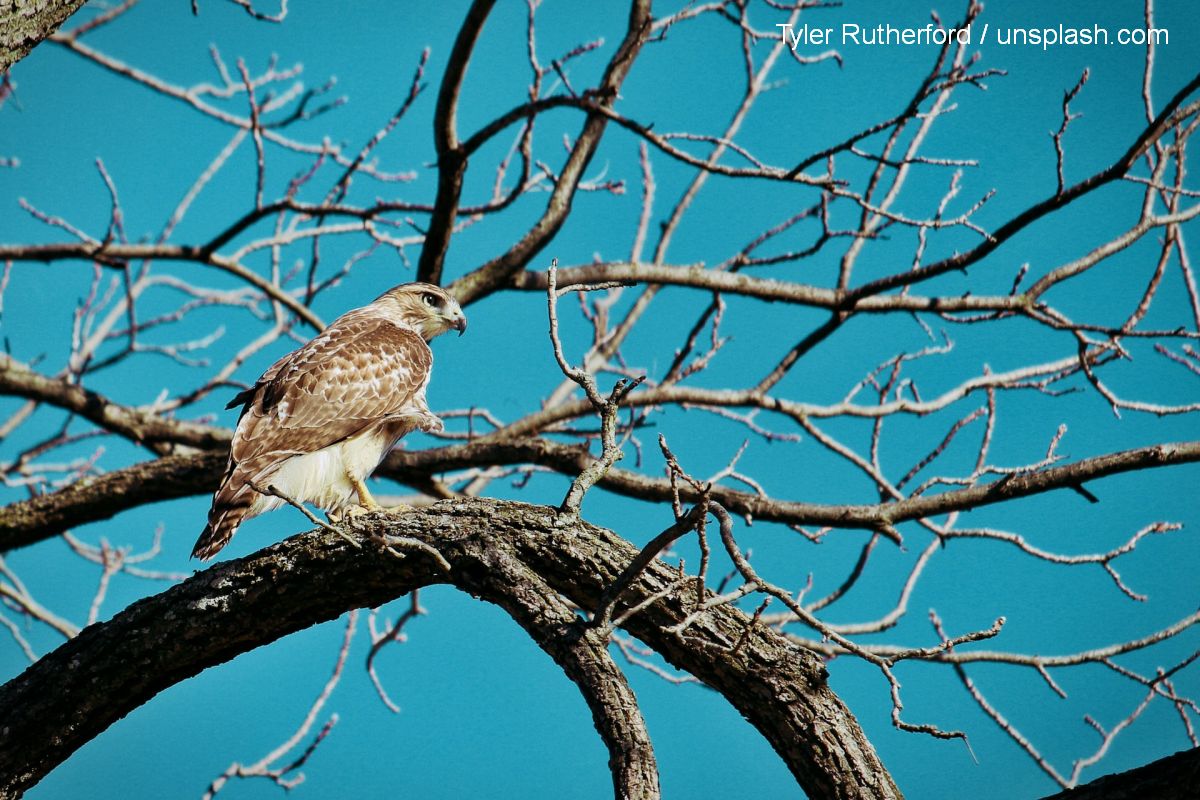Sturgeon Overfishing in the Danube
The Danube Rivers basin is home to the most important species of sturgeon in the world. Still, because of overfishing, the sturgeon populations are on decline.

România Internațional, 28.06.2013, 12:35
The Danube River’s basin is home to the most important species of sturgeon in the world. There are still viable populations of wild sturgeons both in Romania and neighboring Bulgaria. Still, because of fishing, once permitted, currently illegal, the populations of sturgeon, migratory fish that appeared on Earth some 200 million years ago, are on the decline. In the past, 6 species of sturgeon were swimming in the Danube, but two of them have not been seen in the river for many years now. A study on the caviar market in Romania and Bulgaria, conducted by World Wildlife Fund (WWF) Romania has revealed worrying facts about the survival of this ancient fish in the Danube. Despite the satisfactory legal framework in both Romania and Bulgaria, where fishing sturgeon is fully prohibited, caviar can still be found on the market. Here is Magor Csibi, Director of WWF Romania.
“We took 14 samples from Romania, 14 from Bulgaria and 2 from Austria, from farms that were breeding fish from Bulgaria. What we discovered was that 10 samples, that is 33%, were legal, with the right labels and everything. However, 2 thirds of all the samples were not legal, which means that if somebody wants to buy caviar here, in our region, has 66% chancees of not getting what they actually wanted to buy. So there is poaching and illegal selling quite out in the open, given that 5 of the samples were from the beginning known as coming from wild sturgeon. This is illegal from all points of view, and still we had samples like that. Out of the five, four were of beluga, an extremely endangered species. Also, 8 of the samples were not properly labeled with the CITES label, therefore their selling on the EU market was not legal.”
In order to help preserve this endangered species, WWF Romania has started a communication project called Life+, under which those who fish in the Danube, decision makers and the companies that produce and sell caviar told their opinion about the situation. Here is Project Coordinator Cristina Munteanu:
83% of the fishermen say that if they are allowed to fish sturgeon, the population would not be affected, though 67% of them are aware that the trend is downward, not upward when it comes to the growth of the sturgeon population. But the main reason why they said that is that they have no other sources of income. All they care about is fishing. On the other hand, 65% of them have admitted that those fishermen who accidentally catch sturgeons and don’t release them or who poach may have an impact on sturgeon populations and would be willing to work with the authorities, but 39 % of them doubt this would yield any proper solution to this problem. More than 80% of them want this ban to cease as soon as possible, because for them fishing is a traditional activity and they argue their revenues have dropped dramatically since it was introduced in 2006”.
Regulatory authorities and decision makers see the fishing ban as a precautionary measure which would be even more efficient if it were backed by harsher penalties. Whereas in the communist era Romania was one of the worlds top caviar suppliers, on a par with the USSR and China, at present, after a 6-year ban, it seems things are getting out of hand. The programme aimed at repopulating the Danube with new spawns, which has been running for several years now, has so far failed to yield the desired results. Moreover authorities complain there is no basis for drawing up an efficiency assessment of the programme. Minister Delegate for Waters, Forests and Fishing Lucia Varga believes sturgeon can become a protected species in Romania, while the population can be restored through maintaining the fishing ban as well as other measures.
“The efforts of local authorities, of the Ministry and NGOs are not sufficient at this stage. European and regional authorities must also get more involved. Here I’m referring to some of our undertakings within the Council of Ministers, when we have highlighted the need to support aquaculture in order to exert less pressure on natural resources as well as the need to set up a Black Sea Committee. Fortunately, EU Commissioner Maria Damanaki is concerned with these developments and we hope to be able to start talks with a view to holding a meeting in Romania on this topic by autumn. We have information that poaching has rather intensified in the Danube area, which is why I have decided to reform the Fishing and Aquaculture Agency, to strengthen controls and monitoring due to the shortage of personnel and equipment”.
The high caviar demand has led to overfishing and thus to a dramatic drop in sturgeon populations. For this reason in 1998 all sturgeon species were included on the list of the Convention on International Trade in Endangered Species of Wild Fauna and Flora (CITES).






























